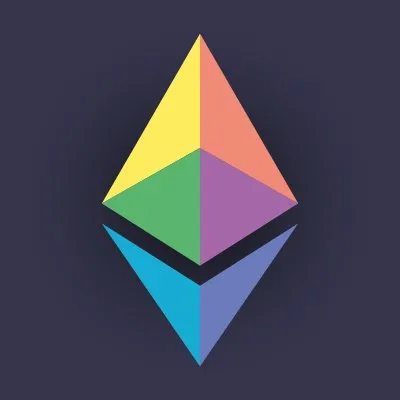
Subscribe to Bankless or sign in
Bitcoin has a major problem: its security budget!
Miners securing the Bitcoin network rely on inflationary block rewards and user transaction fees for revenues, but the BTC emissions halve roughly every four years.
The next Bitcoin halving event is slated for April 2024, and the resulting decrease in block emissions will make miners even more dependent on transaction fees for income. Bitcoin's security budget will be reduced without an equivalent increase in transaction fees.
Subscribe for free to continue reading
- Support the Bankless Movement
- Access to thousands of articles
- Complete archive of Bankless episodes
- Embark on free quests in Airdrop Hunter
- Daily alpha in your inbox
Already subscribed? Sign in




